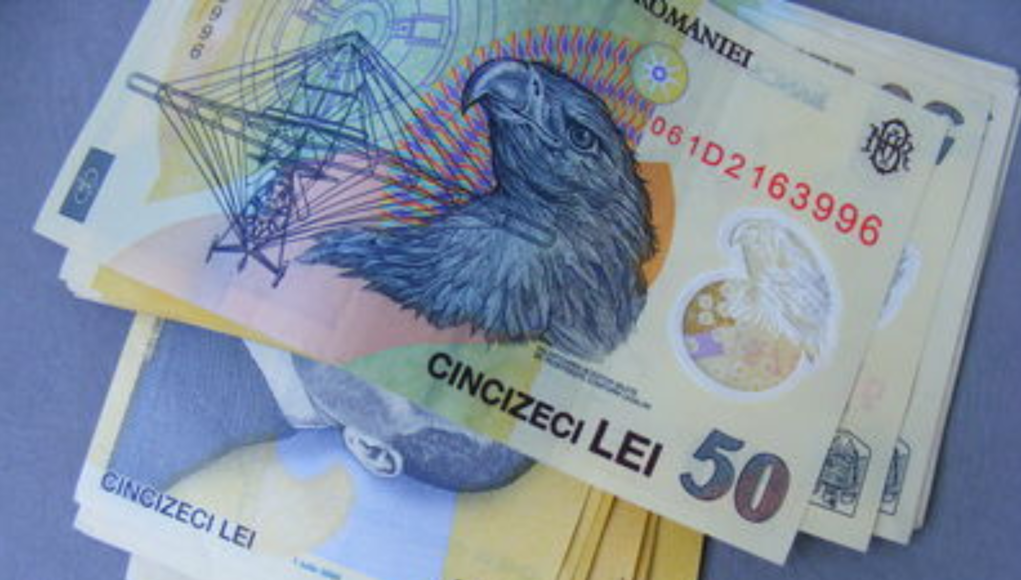Bucharest – In a bold move to address rampant tax evasion, Romanian Prime Minister Marcel Ciolacu announced a comprehensive tax reform, according to Romanian daily Cotidianul.ro. Romania, grappling with the largest tax evasion rate in the European Union, over 10% of GDP or approximately $340 million, is set to impose a 70% tax on undeclared income. This reform comes amid a nationwide push for increased accountability and transparency, as the government seeks to bolster its economic recovery.
The tax reform, ready for parliamentary approval, includes a significant change in the taxation of banks, increasing from the initially proposed 1% to 2% on turnover for two years, reverting to 1% from 2026. This move is part of a broader strategy to ensure financial institutions contribute more significantly to national revenue.
These sweeping reforms reflect Romania’s commitment to addressing its tax evasion problem and ensuring a more equitable and transparent financial system. The international community will closely watch the implementation and impact of these measures, as Romania takes a firm stand against tax evasion and seeks to establish a more robust and resilient economy in the post-pandemic era.
Drastic Limits on Cash Transactions
To further combat tax evasion, the government is drastically limiting cash transactions. In a separate article, Cotidianul.ro reports that the new measures mandate that cash payments in stores and businesses should not exceed 2,000 lei, approx. $420, a substantial reduction from the previous 10,000 lei limit. This limitation is a strategic effort to monitor and regulate large transactions, making tax evasion more difficult and ensuring that revenue flows into state coffers.
The reform also introduces other significant changes, including increased VAT for certain goods and services, such as fitness halls and foods with high sugar content. A special tax will be levied on luxury houses, apartments, and cars exceeding specific values, ensuring that wealthier individuals and entities contribute more to the national revenue.
For IT professionals, income tax will be applicable for amounts over 10,000 lei, and the application of tax benefits for them is limited until December 31, 2028. Micro-entrepreneurs are not spared; those generating income exceeding 60,000 euros will be taxed 3%, effective from January 1, 2024.
In the context of these reforms, Prime Minister Ciolacu emphasized the importance of not only obtaining European funds but also ensuring that necessary reforms and reorganizations are in place. Amid a CFR strike, he highlighted the commitment to working with various stakeholders, including union leaders, to ensure that salary increases are accompanied by essential reforms and reorganizations, marking a comprehensive approach to national economic recovery and resilience.
Source/s: Cotidianul.ro / Romania Insider
Image source: Emilian Robert Vicol / Wikimedia
The Southeast European Observer participates in the Amazon Services LLC Associates Program. While we strive to provide our readers with unbiased and reliable information, please be aware that any purchases made through Amazon affiliate links on our site generate a small commission for us at no extra cost to you. This helps support our platform and allows us to continue delivering quality content to our readers.
We ensure that the presence of Amazon affiliate ads does not influence our editorial content, and no affiliate links are included within the text of our articles.












